COVID-19 BLOG
Euro-Austerity After COVID-19? Will Europe’s Welfare States Survive … Again?
Read more // 15.06.2023
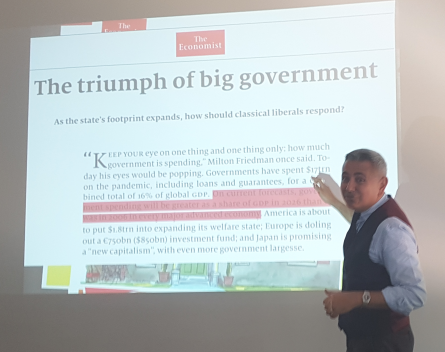
Best Paper Award for Lorraine Frisina Doetter
Read more // 24.01.2023

Social Policy Response in the Global South: Evidence from 36 countries

Read more // 19.07.2022
"Caucasus Analytical Digest" on Covid-19 responses in the South Caucasus region
Read more // 02.05.2022
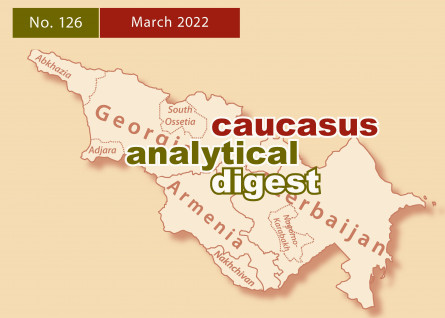
Public Opinion, Pandemic Infection and Policymaking: The COVID-19 Story of Liberty and Death
Read more // 18.06.2021

Lockdown: When do people comply?
Read more // 28.05.2021

Indonesia: Targeted social protection with international financial support
Read more // 11.05.2021

Argentina' struggle to protect income and employment
Read more // 22.03.2021
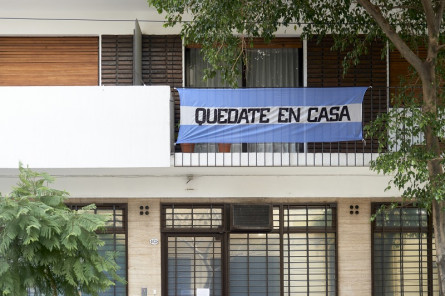
Singapore: Tapping the reserves to safeguard employment
Read more // 09.03.2021

Turkey: Protecting the formal labour market was paramount
Read more // 22.02.2021

Uruguay relied on the strong base of its social security system
Read more // 18.02.2021
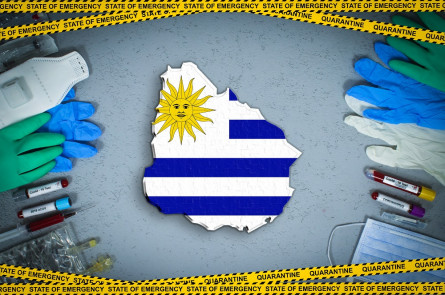
Peru is boosting its economy while jeopardizing old-age security
Read more // 15.02.2021

Caucasus Analytical Digest featuring CRC 1342 Covid-19 Social Policy Response Series
Read more // 10.02.2021
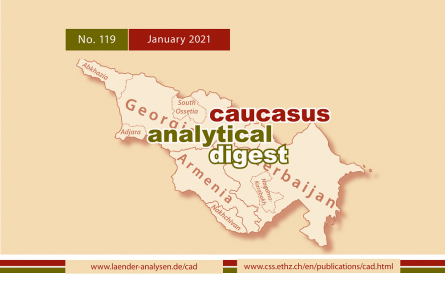
"Pandemic has the potential to lead to a consolidation of South Korea’s welfare state"
Read more // 08.02.2021

Azerbaijan: Shrinking oil revenues, rising number of people in need
Read more // 05.02.2021
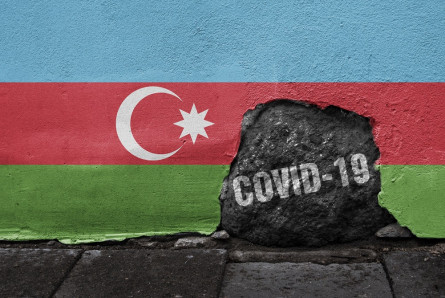
Zambia’s emergency support scheme highly dependent on international donors
Read more // 29.01.2021
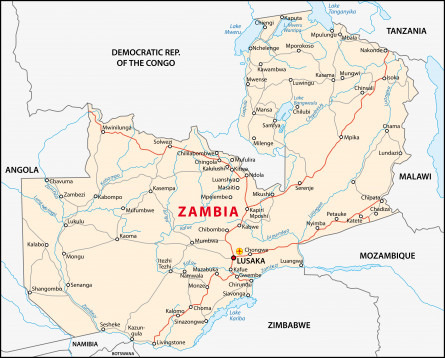
Mexico’s reaction to the pandemic follows path of austerity
Read more // 28.01.2021
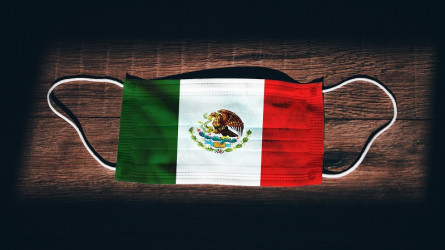
Costa Rica: Short-term social assistance scheme, equalling 3% of GDP
Read more // 27.01.2021
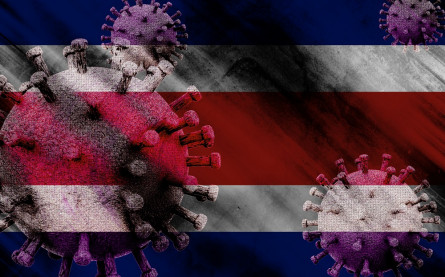
Report on Russia’s social policy response to Covid-19: Focus on families, with overall scope being inadequate
Read more // 22.01.2021

Author team paints a bleak picture of India’s social policy response to the pandemic
Read more // 18.01.2021

Survey: How does the pandemic influence attitudes towards globalisation and the welfare state?
Read more // 07.01.2021

Second volume of the CRC 1342 Covid-19 Social Policy Response Series released
Read more // 21.12.2020
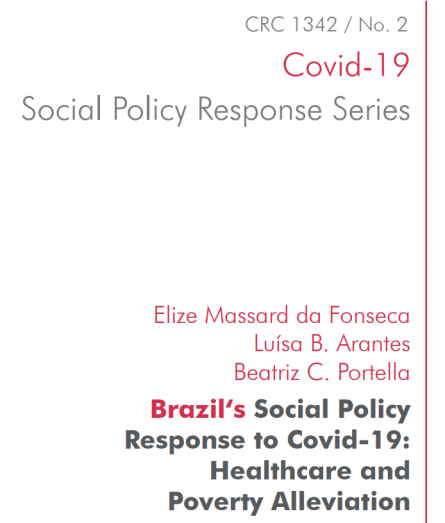
First volume of the CRC 1342 Covid-19 Social Policy Response Series released
Read more // 18.12.2020
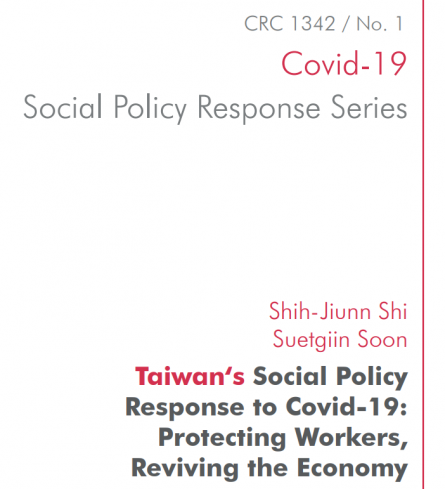
New publication series on Covid-19 responses

Read more // 07.12.2020
Covid-19 Pandemic and Social Freedom
Read more // 06.12.2020

China’s social policy response to COVID-19
Read more // 19.08.2020
Covid-19 and live-in care workers
Read more // 23.06.2020
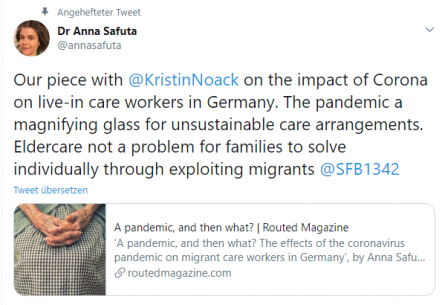
Covid-19 effects on migrant workers in Western Europe
Read more // 29.05.2020














